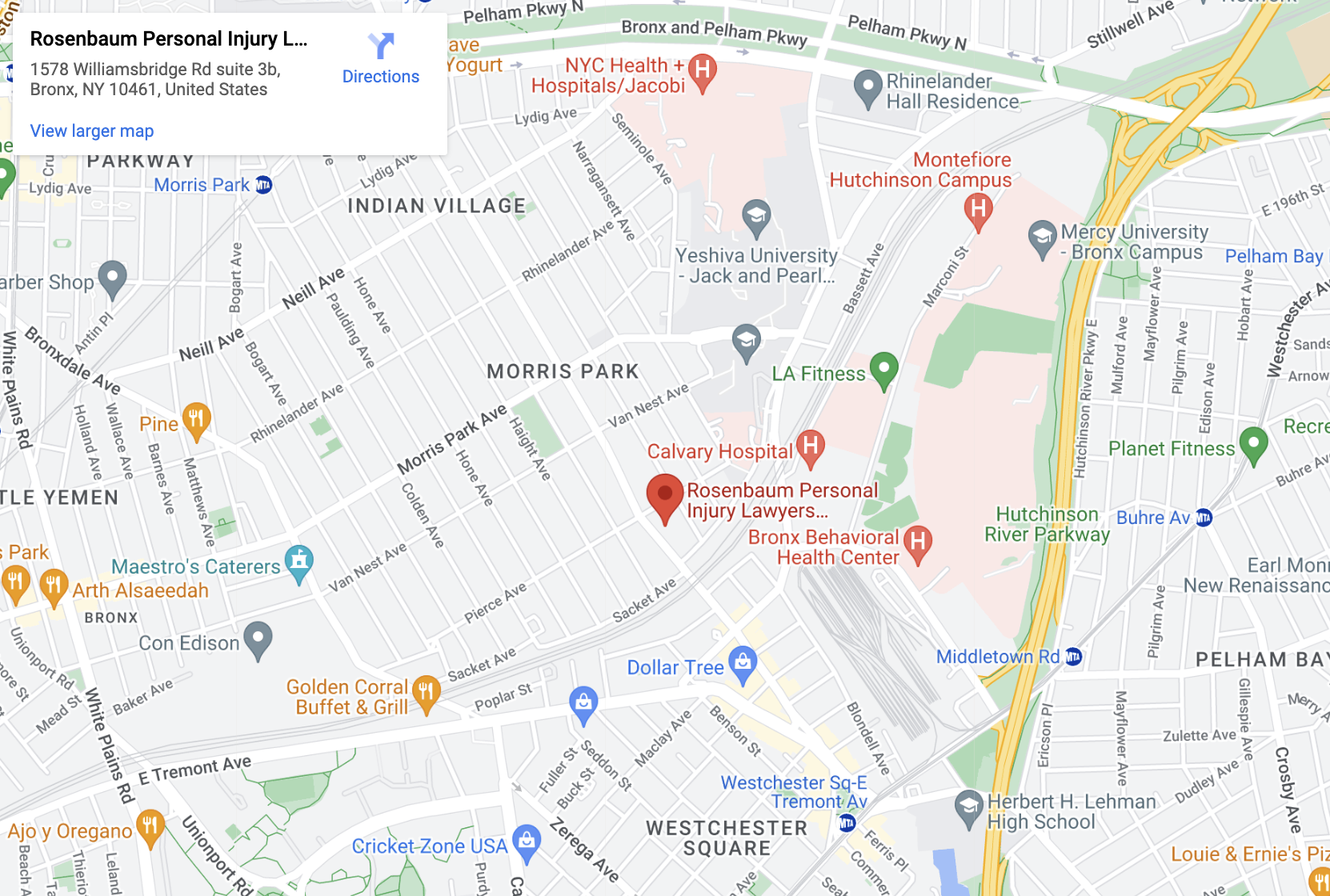What is Breach of Duty?

Negligence is the legal cause of action in most personal injury lawsuits. Negligence is the failure to act with a certain level of care.
Breach of duty is just one of the four legal requirements to prove negligence.
The elements of negligence are:
- Duty
- Breach
- Causation
- Damages
If you cannot prove all elements of your case, a jury could find that the defendant is not financially liable for your damages.
Table of Contents
What is a Duty of Care?
A duty is a requirement to act in a specific manner. For example, in personal injury cases, the duty of care is the requirement to act with reasonable care to avoid causing injury to another person.
For example, drivers have a duty of care to obey traffic laws and safely operate their vehicles. Doctors have a duty of care to provide medical care that meets the standard of care for the situation. Property owners have a duty of care to maintain safe premises to avoid a risk of harm to guests and invitees.
The first step in a personal injury case is to prove that the defendant (at-fault party) owed a duty of care to the plaintiff (accident victim). Once you prove the defendant owed you a duty of care, the next step is to prove that the defendant breached the duty of care.
What Does it Mean to Breach the Duty of Care?
The defendant’s actions breach the duty of care when the conduct falls short of the level of care a reasonable person would use in a similar situation. A reasonable person is a legal standard used to measure the level of care that should be used in a situation.
There is no set standard for the reasonable person. Instead, the standard varies depending on the situation and the facts of the case.
Jury members determine what a reasonable person would have done in the same situation as the defendant. The jury also decides whether the defendant’s conduct met or fell short of that standard.
If the defendant did not act with reasonable care, the jury might find that the defendant breached the duty of care.
Examples of Breach of Duty
Below are some examples of how a defendant could breach the duty of care owed to the plaintiff:
- A driver chooses to drive while drunk or texting while driving, thereby causing a car accident
- A property owner knows about broken steps or exposed wiring but does nothing to fix the problem or warn of the danger
- A hotel owner fails to take care of a bed bug problem
- A store owner knows about a leaky pipe in the bathroom but fails to repair the pipe or warn of slippery floors, resulting in a slip and fall accident
- A doctor fails to order diagnostic tests that are necessary based on a patient’s symptoms
If a defendant’s breach of duty caused the plaintiff’s injuries, a jury might find the defendant is negligent and, therefore, liable for the plaintiff’s damages.
Recovering Damages for a Breach of Duty
Causation is the third element of a negligence claim. Breaching the duty of care is not sufficient to prove negligence. Instead, you must link the breach of duty to the cause of your injury by proving that the defendant’s conduct was the direct and proximate cause of your injury.
For example, a speeding driver breaches their duty of care to operate the car in a safe manner. However, did the driver cause the accident? If not, a jury may find that the defendant is not responsible for your damages.
Furthermore, if a defendant could not have reasonably foreseen the risk of harm or was not in control of the factor that led to your injury, the defendant may not be liable for your damages.
If you link the breach of duty to the cause of your injury and damages, you could recover compensation for your:
- Medical bills and expenses
- Nursing care and personal care
- Physical pain and suffering
- Loss of income and benefits
- Emotional and mental distress
- Reduced earning potential
- Disabilities, impairments, and disfigurement
- Reduced quality of life
Proving damages is the last element of a negligence claim. If you did not sustain damages, you do not receive compensation even though you prove all other elements. Generally, if you sustained physical injuries, you have damages.
Defenses to a Negligence Claim
Even though a defendant breached the duty of care, the defendant may raise one or more defenses to your injury claim.
Allegations of comparative negligence can reduce the value of your injury claim. If you are partially to blame for the cause of your injury, your compensation could be reduced by your percentage of fault.
The defendant may raise allegations of assumption of risk. The defense may claim that you assumed the risk of injury, so the defendant should not be held liable for your damages.
Call Our New York Personal Injury Lawyer Today for a Free Consultation
It can be difficult to prove a breach of duty and link that breach to your injury. Having an experienced legal team to investigate your case, gather evidence, and argue the law can increase your chance of winning your case.
If you have been injured because of another party’s negligence or intentional act, call us at (212) 514-5007 or contact our personal injury office online to schedule a free consultation with a New York personal injury lawyer at Rosenbaum Personal Injury Lawyers



